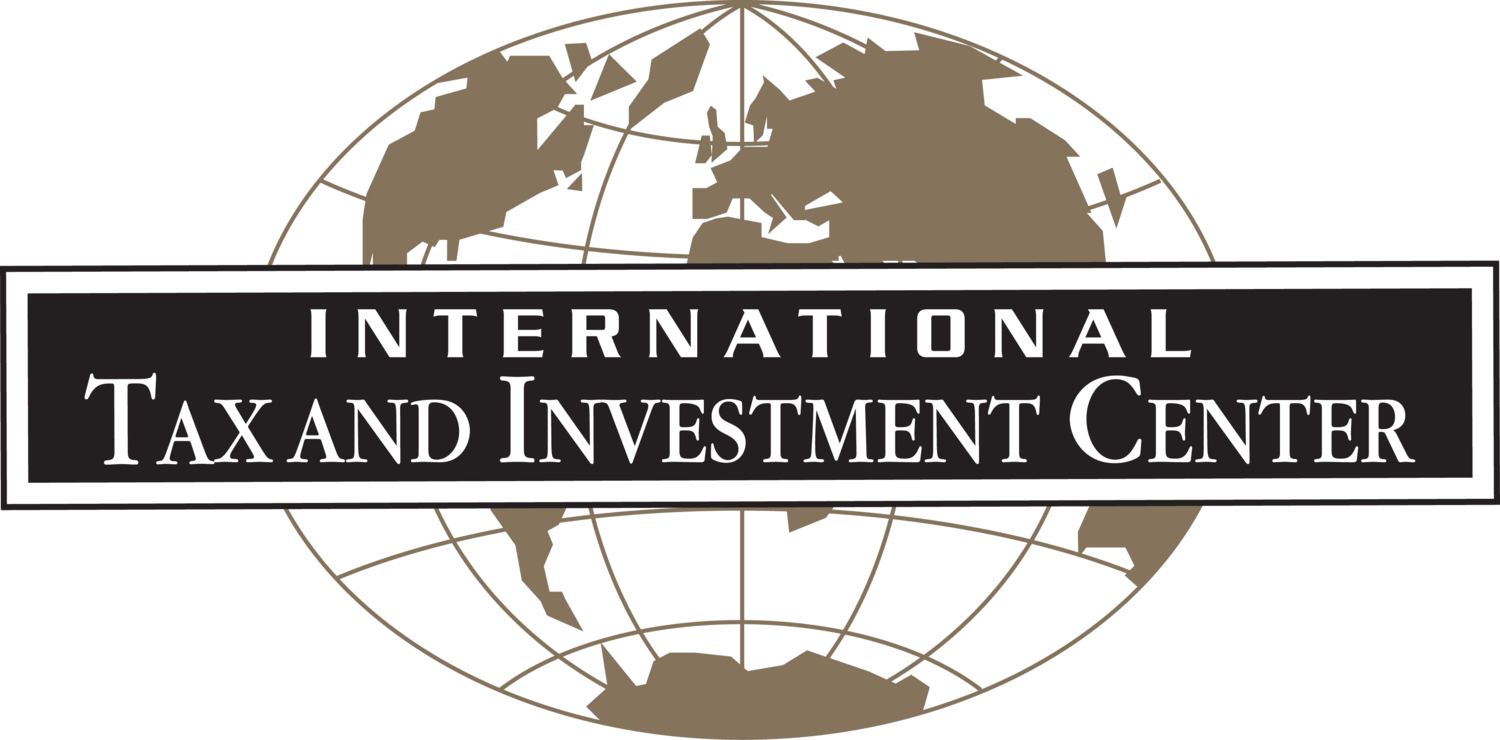The slump in oil prices in the last few years has increased the pressure on the Gulf Cooperation Council (GCC) states (Bahrain, Kuwait, Oman, Qatar, Saudi Arabia and the United Arab Emirates) to seek more sustainable government revenues through taxation. Corporate income tax is currently the only direct tax imposed within the GCC, and even then Bahrain and the UAE only impose the tax on narrow sectors of the economy. Customs duty, imposed uniformly across the GCC, is currently the main indirect tax assessed in these countries. Just over three years ago, the need to introduce VAT intensified due to the ever increasing challenges on the governments to meet their budget commitments.

